“The difference between the Jews and us [Christians] is not a small one, is it? Is the dispute between us over ordinary, everyday matters, so that you think the two religions are really one and the same? Why are you mixing what can not be mixed? They crucified the Christ whom you adore as God.
Do you see how great the difference is?”
― John Chrysostom, Adversos Judeaeos, Homily IV
The Wolves Within is a must-read for every believer who refuses to be deceived.
Hit the Tip Jar and help spread the message!
This post contains affiliate links, which means I may receive a commission or affiliate fee for purchases made through these links.
Unlock the mysteries of Biblical cosmology and enrich your faith with some of the top rated Christian reads at BooksOnline.club.
Click the image below and be sure to use promo code SCIPIO for 10% off your order at HeavensHarvest.com: your one stop shop for emergency food, heirloom seeds and survival supplies.
Related Entries
In the preceding entries — from the inaugural dissection in Chapter I through the damning exposés in Chapters II, III, and IV — we have systematically unmasked the egregious hubris, anti-Christian hostility, and monstrous ethics that the rabbis have so brazenly codified in the Talmud. Time and again, we have witnessed these self-aggrandizing interpreters of the Law contort God’s commandments into a perverse caricature.
Throughout this series, we have exposed, with unflinching candor, how the rabbis’ legal constructs are imbued with an unmistakable arrogance. They claim to be the arbiters of God’s law, yet their writings are riddled with inexplicable contradictions and moral aberrations that scandalize the very foundations of Biblical revelation. Consider, for instance, the astonishing account recorded in Bava Metzia 59b. In this passage, after a halakhic disputation so intricate that it confounds God, we read that He admits defeat to the rabbis:
Years after, Rabbi Natan encountered Elijah the prophet and said to him: What did the Holy One, Blessed be He, do at that time, when Rabbi Yehoshua issued his declaration? Elijah said to him: The Holy One, Blessed be He, smiled and said: My children have triumphed over Me; My children have triumphed over Me.
This blasphemous inversion of roles epitomizes the unfathomable hubris that has come to define Rabbinic jurisprudence. Equally scandalous is the following tale:
Similarly, it was taught in a baraita that Rabbi Yishmael ben Elisha, the High Priest, said: Once, on Yom Kippur, I entered the innermost sanctum, the Holy of Holies, to offer incense, and in a vision I saw Akatriel Ya, the Lord of Hosts, one of the names of God expressing His ultimate authority, seated upon a high and exalted throne (see Isaiah 6).
And He said to me: Yishmael, My son, bless Me.
If, purely for the sake of argument, we are to grant the Jew that the Incarnation demeans God, how much more demeaning is it for to Him beg the rabbis for their blessings? This fable not only makes a mockery of God, it is as clear an indication as can be that what the rabbis claim as their sacred interpretations are nothing more than the product of a hubristic, self-exalting spirit.
These two episodes — one where the Almighty concedes defeat in a halakhic debate, and the other where He implores a rabbi for a benediction — are not simply isolated curiosities but emblematic of a larger, systemic distortion. Over the course of Chapters I through IV, we have seen how the Talmudic legal system, far from emanating from the heavenly realm, is a morass of contradictions and ethical absurdities. In Ch. I, we dissected the pseudo-synthesis of the “Judeo-Christian” tradition — a modern, fallacious construct that attempts to mask the deep theological chasm between Talmudic Judaism and Christianity. Ch. II further explored the post-Temple emergence of the rabbinic system, a radical departure from Old Covenant praxis and a total usurpation of the Levitical priesthood. In Ch. III, we laid bare the twisted moral vision underlying these codifications (particularly in regards to the Gentiles), while Ch. IV demonstrated not only the enduring hatred with which the rabbis hold Christ and His followers, but how their very own texts and commentaries serve as a hostile witness to the truth of His coming.
This is the very heart of the monstrous ethics we have worked so diligently to expose these prior chapters, particularly as it concerns the Church. It is this inordinate pride that has driven the rabbis to codify a litany of laws that, when scrutinized, reveal nothing but the distorted reflections of their own corrupt souls. Their decrees — far from promoting justice and mercy as ordained by our Creator (who commanded, “Love thy neighbor as thyself” in Leviticus 19:18) — instead propagate a moral vision that is insular and subjective.
The rabbis, in their ceaseless quest for dominance, have not merely reinterpreted Mosaic Law — they have transformed it into an apparatus of self-serving legalism.
“My people consult a wooden idol, and a diviner's rod speaketh to them: for a spirit of whoredom hath led them astray, and they have left their God to play.”
— The Book of Hosea 4:12 KJV
From the moment we peel back the layers of the Talmudic corpus, it becomes patently obvious that what lies before us is not divine revelation but the fevered ramblings of diseased minds — and, indeed, perhaps even the whisperings of demonic influence.
There is no mistaking the absurdity: far from the inspired Word of God, the Talmud appears as an anthology of magickal practices, superstitions, and utterly repugnant sexual practices. Shabbat 61b is one of the many places we find expositions on the finer points of crafting magickal talismans:
…it was taught in the baraita that the amulet must have healed three different people, is referring to proving the expertise of the man who wrote it. Once his amulets have proven themselves by healing three different people stricken with different illnesses, clearly the one who wrote them is an expert. That, where it was taught in the Tosefta that even if the amulet healed one person three times, is referring to proving that the amulet is effective in fulfilling its designated purpose.
The delusion does not end with lucky charms. Shabbat 156a presents a lengthy, and frankly puerile, discourse on astrology. Here, the rabbis expound on their differing opinions, with all of them in some form of agreement that one’s fate is dictated by the day of the week they were born. The stark rebukes of Hosea and his compatriots encapsulate the enduring error of those who would elevate these pagan and occult rites to a status of legitimacy.
Yet the Talmud does not stop with amulets or astrofatalism. In other passages we see even more astonishing practices, such as detailed magickal incantations and spellcraft designed to pierce the veil and see demons:
One who seeks to know that the demons exist should place fine ashes around his bed, and in the morning the demons’ footprints appear like chickens’ footprints, in the ash. One who seeks to see them should take the afterbirth of a firstborn female black cat, born to a firstborn female black cat, burn it in the fire, grind it and place it in his eyes, and he will see them. He must then place the ashes in an iron tube sealed with an iron seal [gushpanka] lest the demons steal it from him, and then seal the opening so he will not be harmed.
Besides being utterly preposterous, these various macabre prescriptions reveal a people who, until only recently, were universally steeped in superstition and ritual magick — practices which they were rightfully condemned for by nearly all of God’s prophets. Moses commands Israel, that “you shall not practice divination or soothsaying” (Deut. 18:10), and His prophets constantly denounce the magickal arts as a departure from the faith.
These magickal rituals codified in the Talmud are the antithesis of the Law the rabbis claim to uphold.
— Portrait of a rabbi, ill. by Alois Heinrich Priechenfried.
Perhaps the most shocking evidence of the Talmud’s twisted origin is found in its rulings regarding the abominable practice of idol worship. Consider the Mishna in Sanhedrin 64a, which delineates the requirements for liability in the worship of Moloch — a pagan deity associated with child sacrifice and occult rites. The rabbis declare:
MISHNA: One who gives of his offspring to Molekh, for which one is executed by stoning, is not liable unless he hands over his child to the priests of Molekh and passes the child through the fire. If he handed over the child to the priests of Molekh but did not pass him through the fire, or if he passed him through the fire but did not hand him over to the priests of Molekh, he is not liable, unless he hands the child over to the priests of Molekh and passes him through the fire.
GEMARA: The halakhot of one’s liability for idol worship are taught in the mishna above (60b), and the halakhot of one’s liability for the worship of Molekh are taught separately, in this mishna. Therefore, Rabbi Avin says: We learn this mishna according to the opinion of the one who says that the ritual of Molekh is not idol worship but is a form of witchcraft or superstition, as a dispute over this matter is taught in a baraita: Both one who transfers his child to the priests of Molekh and one who transfers his child for the purpose of worshipping other idols are liable. Molekh is cited merely as an example. Rabbi Elazar, son of Rabbi Shimon, says: One who transfers his child to the priests of Molekh is liable, but if he transfers him to another object of idol worship, not to Molekh, he is exempt. …
The baraita indicates that one who passes his child through fire in worship of an item that is not referred to as Molekh is not liable, in accordance with the opinion of Rabbi Elazar, son of Rabbi Shimon.
If one of these arbitrary steps is omitted, then no legal liability is incurred. The legal guilt of the parent is measured by these highly specific, utterly arbitrary criteria — as if a mistake in the timing or the precise combination of the ritual act somehow evades liability.
This sort of pilpul — endless and convoluted legal acrobatics — is completely absent from Scripture. The Bible is unequivocal on the matter: Exodus 20:3–5 commands, “Thou shalt have no other gods before me... neither bow down thyself to them, nor serve them.” There is no leeway granted for a bizarre two-step ritual to nullify the sin of idolatry. Deuteronomy 12:31 further warns against following “every abomination” of other gods — this would necessarily include sacrifices to them! It’s as if they think, “Well, it didn’t say ‘don’t do it on a Tuesday’ or require the fire to be lit by a specific method, so if you slip in one of those details, you’re off the hook.” It is here that the rabbis engage in a form of legal reasoning that is as arbitrary as it is absurd: if you do one part of the ritual without the other, you escape liability, as if the omission of one specific, nonsensical detail somehow erases the moral atrocity of sacrificing one’s own child.
Unfortunately, a discussion on the Talmud and its ethics, as it were, must include the abhorrent sexual practices it codifies. In a series of rulings that defy all natural law and Biblical morality, the Talmud decrees, quite shockingly, that a nine-year-old boy and a three-year-old girl are fit to engage in intercourse, imparting ritual impurity akin to that produced by the act of orgasm (ziva):
…a nine-year-old boy is fit to engage in intercourse, he also imparts ritual impurity as one who experienced ziva. Ravina said: Therefore, with regard to a female gentile child who is three years and one day old, since she is fit to engage in intercourse at that age, she also imparts impurity as one who experienced ziva.
Equally appalling is the ruling which contends that a girl who is three years and one day old, and whose betrothal is arranged by her father, is legally considered betrothed through intercourse:
A girl who is three years and one day old whose father arranged her betrothal is betrothed with intercourse, as the legal status of intercourse with her is that of full-fledged intercourse.
These rulings are not only morally repugnant but represent a flagrant inversion of the commands concerning the protection of children. Scripture is unequivocal: the innocence and dignity of the young are to be preserved, and any act that exploits or corrupts them is an abomination in the sight of God (Exd. 22:22–24). The idea that a child, barely past infancy, is fit to engage in sexual intercourse is utterly alien to the Biblical ethic and speaks only of a deeply distorted, and frankly, demonic moral framework.
Even if one rejects Scripture, what we have been confronted with in this series forces an inescapable conclusion: the Talmud, with its racial self-aggrandizement, its vile anti-gentile laws, its monstrous excusing of child sacrifice, and its morally repugnant rulings on the sexual exploitation of children, is not the product of divine inspiration. Rather, it is a compendium of backwards and occult practices, a dark mirror reflecting the diseased, corrupted nature of human ambition — one that has clearly been influenced by dark spiritual forces.
The Talmud’s teachings, far from elevating mankind, degrade and perverts the very Law it claims to uphold.
Epilogue
“43 Therefore say I unto you, The kingdom of God shall be taken from you, and given to a nation bringing forth the fruits thereof.”
— The Gospel of Matthew 21:43 KJV
The very first council convened by the Church (Acts 15) provides a powerful theological and historical indictment of the pernicious Judaizing heresy.
This error is the first and most ancient of all heresies to plague the Church. The Jerusalem Council was called precisely to settle the dispute over whether Gentile believers were required to adhere to the Mosaic Law — a debate that has had far-reaching implications for the identity and mission of the Church. Their verdict was clear: salvation comes solely through faith in Christ, not through adherence to the Mosaic Law. And furthermore, that the inclusion of the Gentiles was foretold and represents the tabernacle of David being restored.
Yet this ancient foe, once thought to be fully exorcised, has manifested itself over the past two centuries in various forms — whether in the guise of the Hebrew Roots movement, Torah keepers, “Messianic” Christians (a redundancy), or Dispensationalism. Each of these groups, in different ways, attempts to reintroduce or elevate the Old Covenant over the New, mistakenly insisting that the blessings promised to Abraham are confined by racial boundaries.
It is for this reason that the heresy of Christian Zionism is not merely a profound theological error — it is a direct affront to the Gospel. By insisting that the blessings of Abraham can be re-divided along ethnic lines, its adherents negate the all-encompassing grace of God that is the hallmark of the New Covenant. The promises made to Abraham, fulfilled solely in Christ, transcends any ethnic or national boundary, offering salvation to all who believe. In effect, this theology robs Christ of His rightful inheritance. Instead of affirming the unity of the Church and the universal nature of God’s covenant, such teachings compartmentalize His blessings along racial and ethnic lines.
Yet the Biblical record is unyielding: all spiritual blessings (Eph. 1:3), every promise of the covenants (Gal. 3), are found in Christ alone. The Kingdom has been irrevocably taken from the Judeans and given instead to the nations — exactly as Isaiah, Daniel, Malachi, and the prophets foretold. Consider Galatians 3:16, where Paul declares (emphasis mine):
16 Now to Abraham and his seed were the promises made. He saith not, And to seeds, as of many; but as of one, And to thy seed, which is Christ.
— Epistle to the Galatians 3:16 KJV
This singular “seed” is not a reference to an indeterminate multitude solely defined by ethnic descent. Rather, Paul’s exegesis reveals that the covenantal promises find their true fulfillment in Christ. The promised seed that was prophesied to Eve, to Abraham, and to Jacob was never a group of people, but a person.
For far too long, many in the West have clung to an ahistorical and anti-scriptural delusion that seeks to merge apostate Israel with the Church.
As the rabbis own words declare, even if such a desire were compatible with the Christian faith, their system stands diametrically opposed to everything that can rightly be called Christian or Holy.
— Paradox V, digital art, 2025.
Throughout history, every period of Jewish exile has been marked by an ordained season.
For example, during their sojourn in Egypt, the Hebrews suffered under harsh bondage, yet God declared His awareness of their plight: “I have surely seen the affliction of my people that are in Egypt…” (Exd. 3:7). Similarly, the Babylonian domination of Judea, as foretold by Jeremiah, was to last seventy years (Jer. 25:11-13), encapsulating their subjugation from 609 BC to the fall of the Babylonian Empire in 539 BC. The tribulation under Antiochus Epiphanes further underscores this pattern. His desecration of the sanctuary is vividly forewarned by Daniel in Chapters 8-11, marking yet another instance where the end of their sufferings was foretold to the very day. Yet, for two millennia now, are we to believe that God has abandoned His people to an indeterminate time of spiritual darkness and ignorance?
The current state of spiritual exile the Jews find themselves in had its end point foretold as well. Jesus Himself laid down the ultimatum in Matthew 23:39:
For I tell you, you will not see me again until you say, blessed is he who comes in the name of the Lord.
Thus, God has set a clear, unambiguous condition for when their current exile can end: it is not a matter of waiting for a future political or national restoration, but of a present act of repentance and faith.
When the rabbis, or any of rebellious Israel declare, “Blessed is he who comes in the name of the Lord,” their exile can come to an end and they too can step into that promised Sabbath rest (Heb. 4).
“2 Beware of dogs, beware of evil workers, beware of the concision.
3 For we are the circumcision, which worship God in the spirit, and rejoice in Christ Jesus, and have no confidence in the flesh.”
— Epistle to the Philippians 3:2-3 KJV
The Wolves Within is a must-read for every believer who refuses to be deceived.
Hit the Tip Jar and help spread the message!
This post contains affiliate links, which means I may receive a commission or affiliate fee for purchases made through these links.
Unlock the mysteries of Biblical cosmology and enrich your faith with some of the top rated Christian reads at BooksOnline.club.
Click the image below and be sure to use promo code SCIPIO for 10% off your order at HeavensHarvest.com: your one stop shop for emergency food, heirloom seeds and survival supplies.


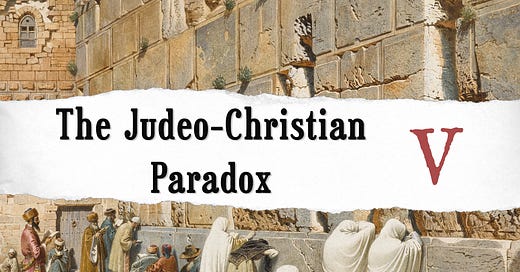



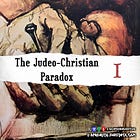

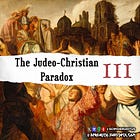

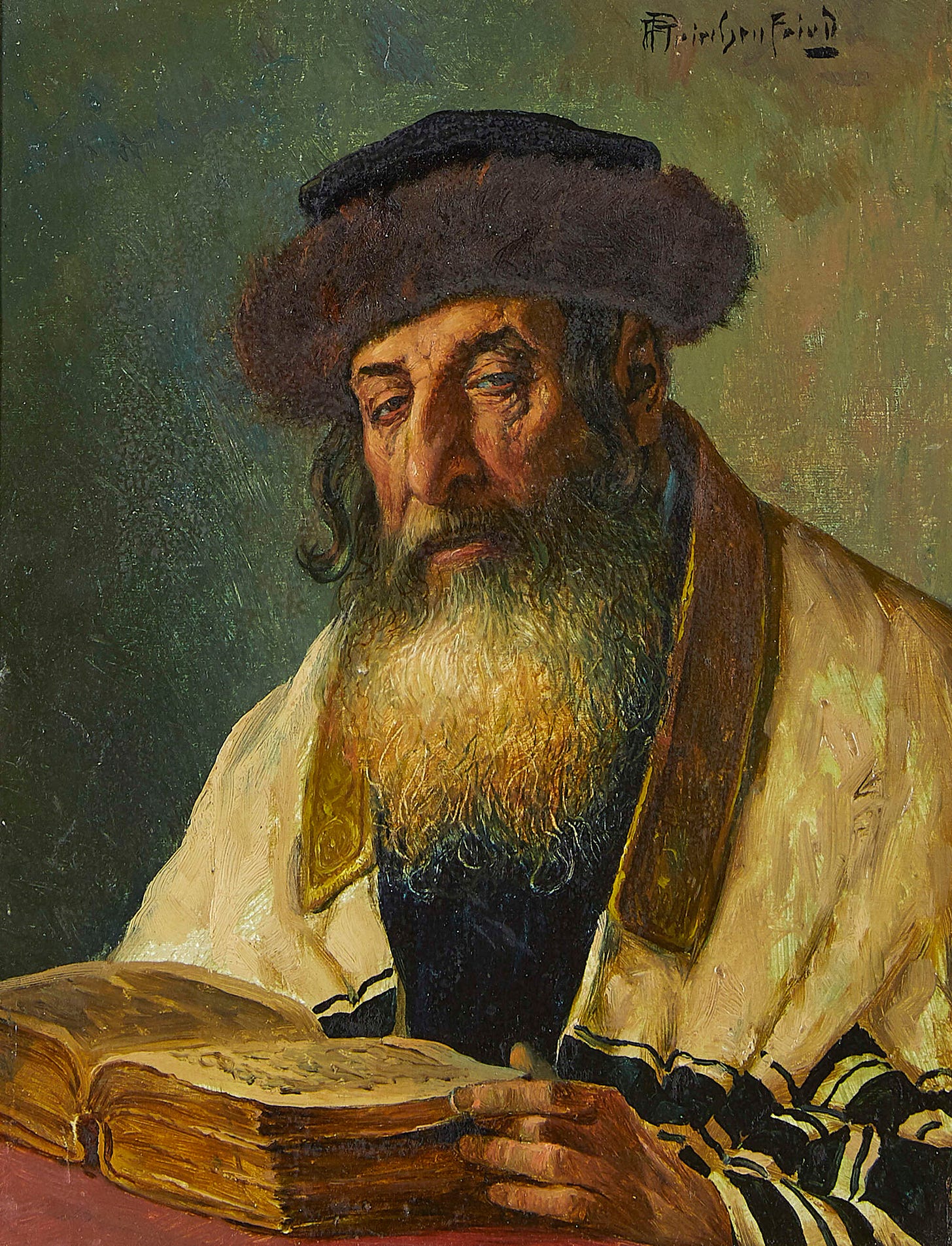

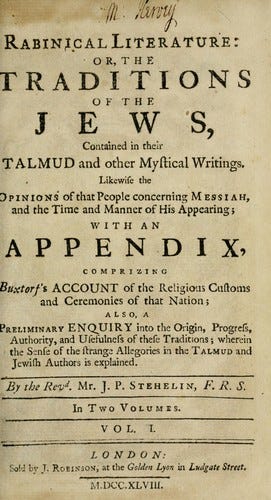
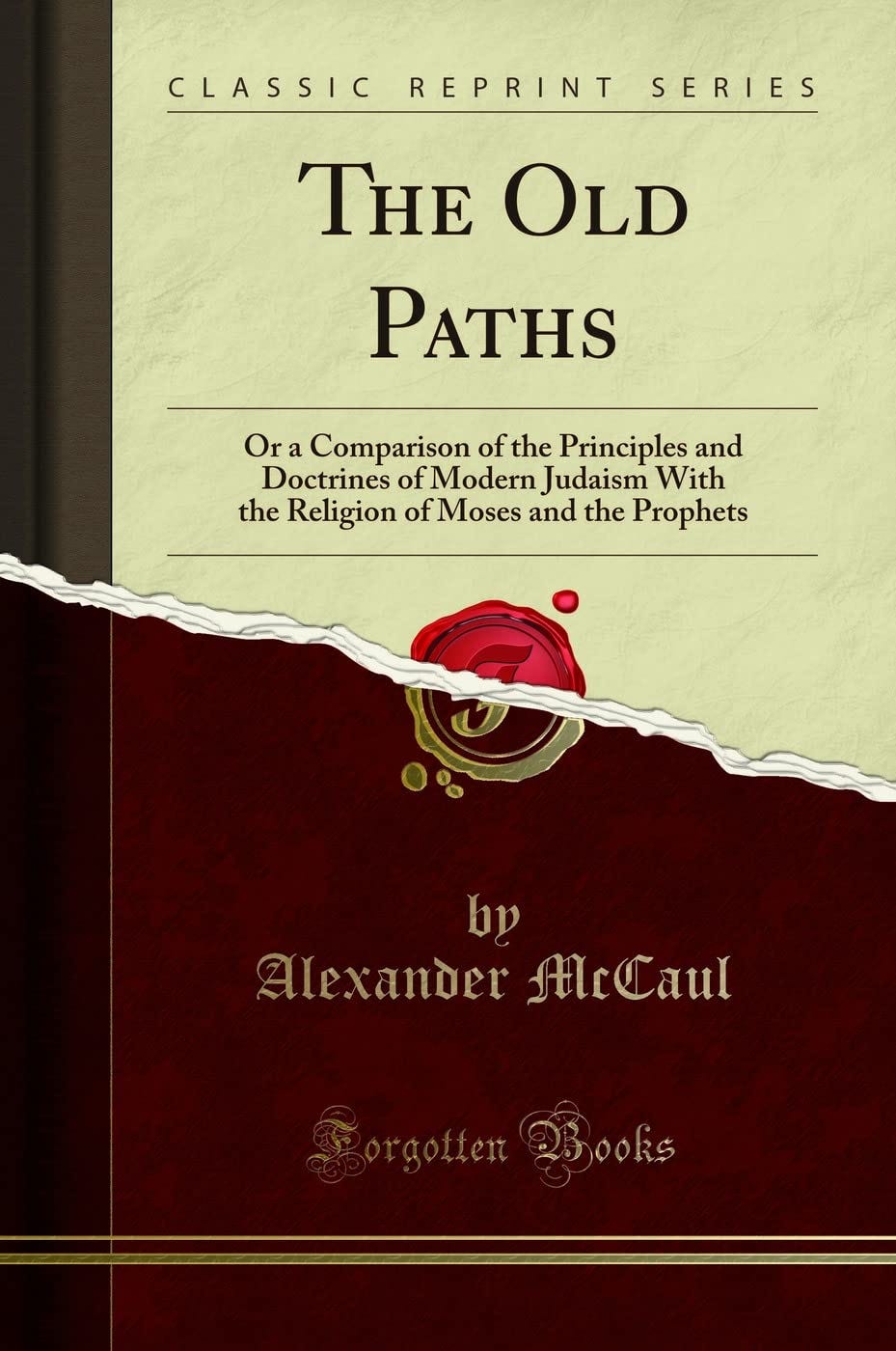
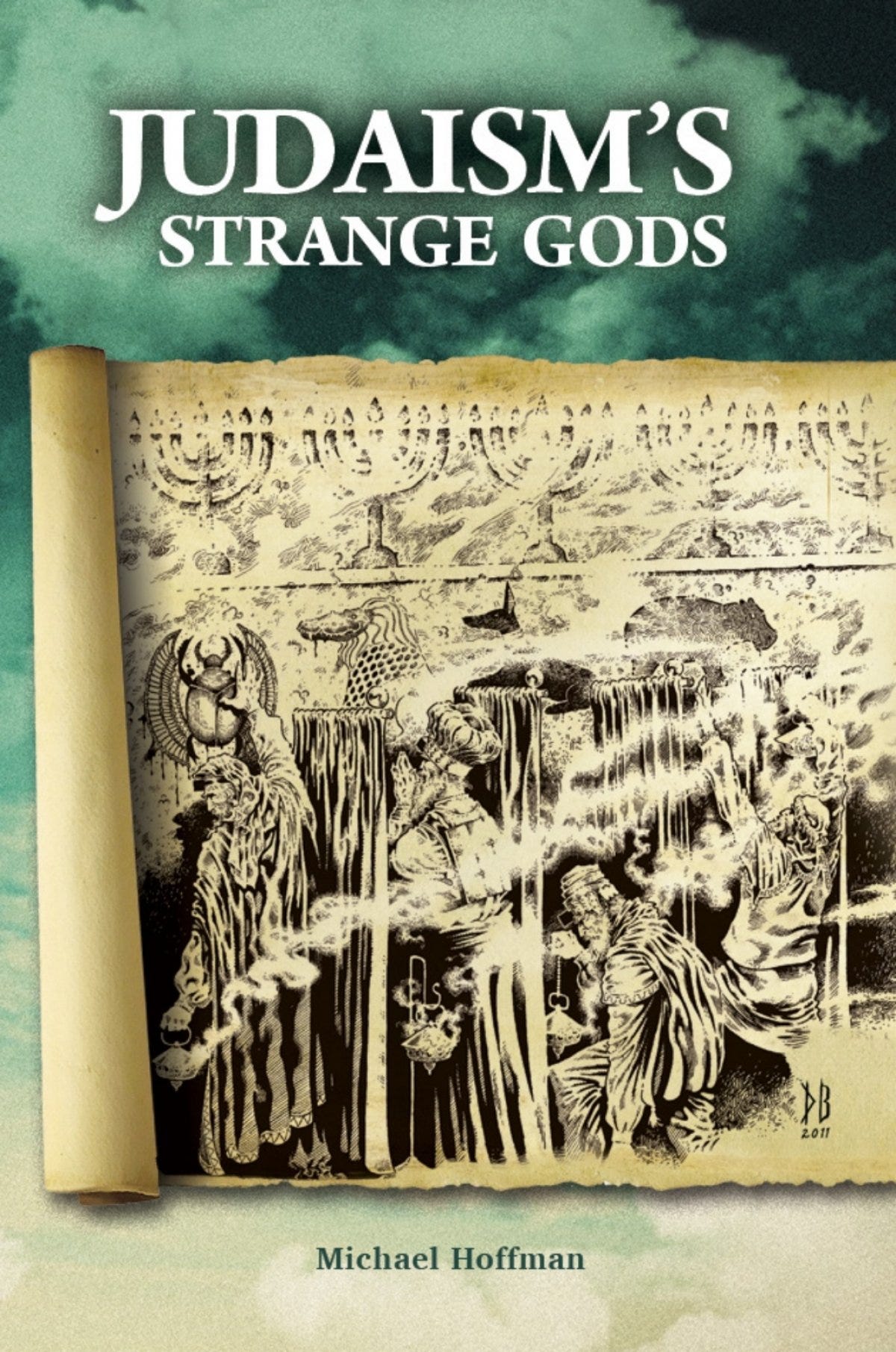
probably most Christians don’t even know what the Talmud is or it’s evil content. in trying to explain it to a friend the other day, they were surprised that it promotes child abuse.
This series of articles would greatly benefit anyone who calls themselves a Christian. There is either a love of the truth or not in a person’s life. Non Christian people are sitting ducks as well and would benefit. Going forward, I see all Zionists tightening their fervent desire to orchestrate a desired outcome which will include a much anticipated 3rd global war.